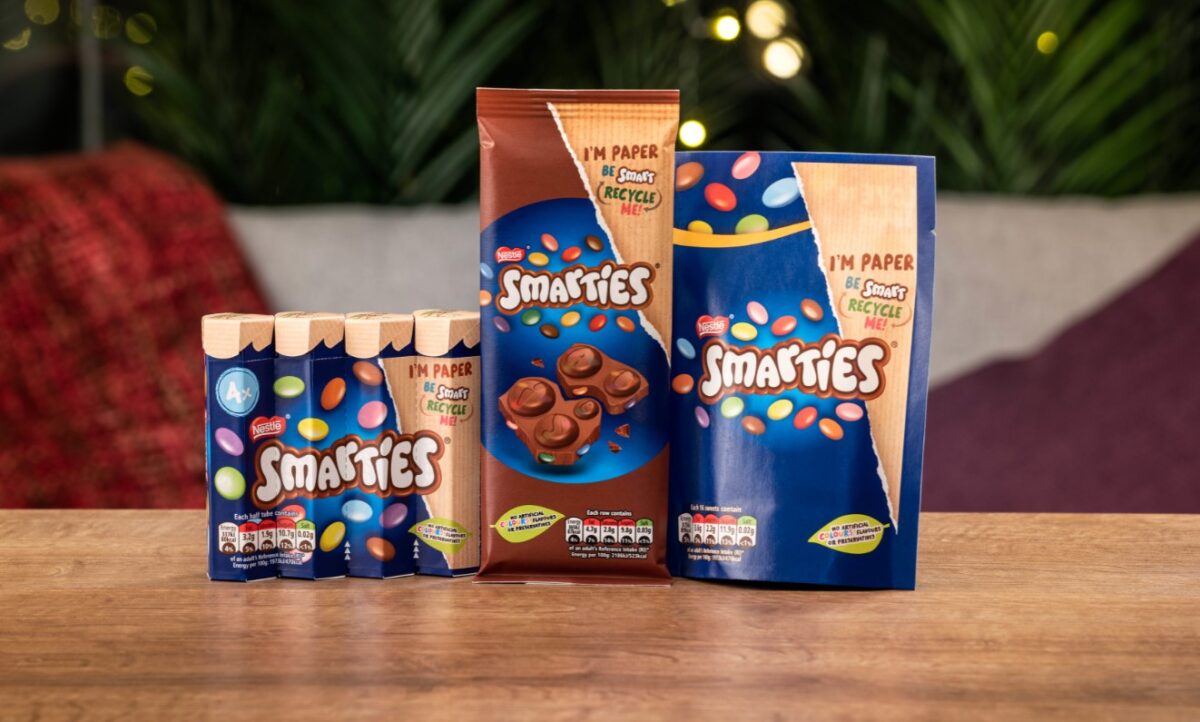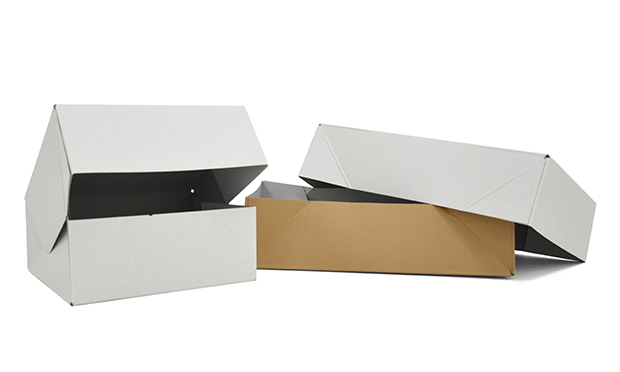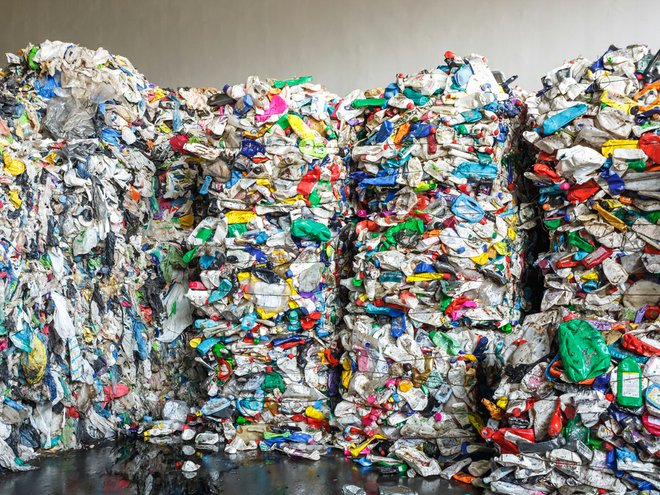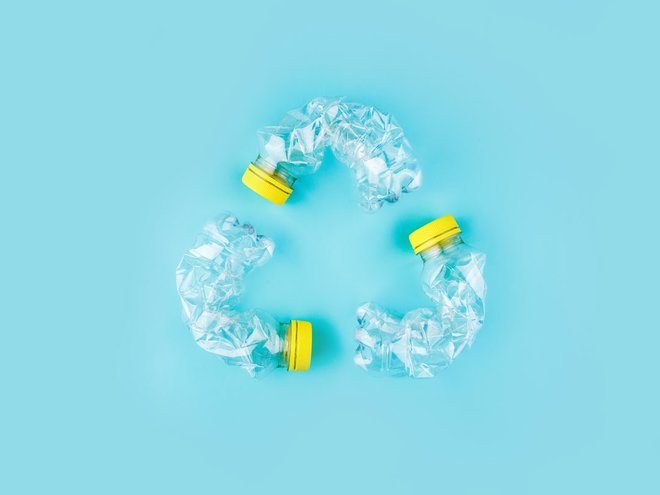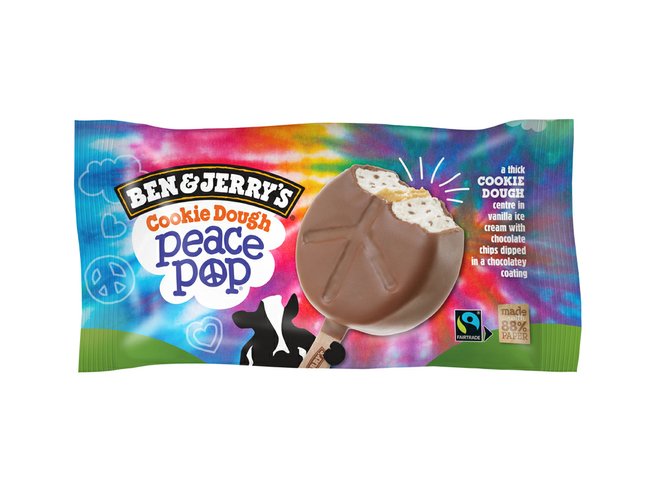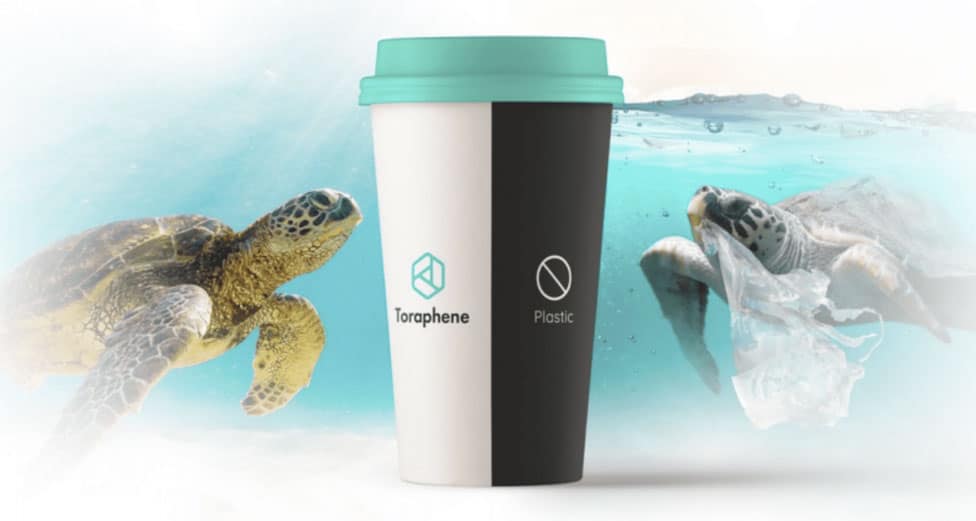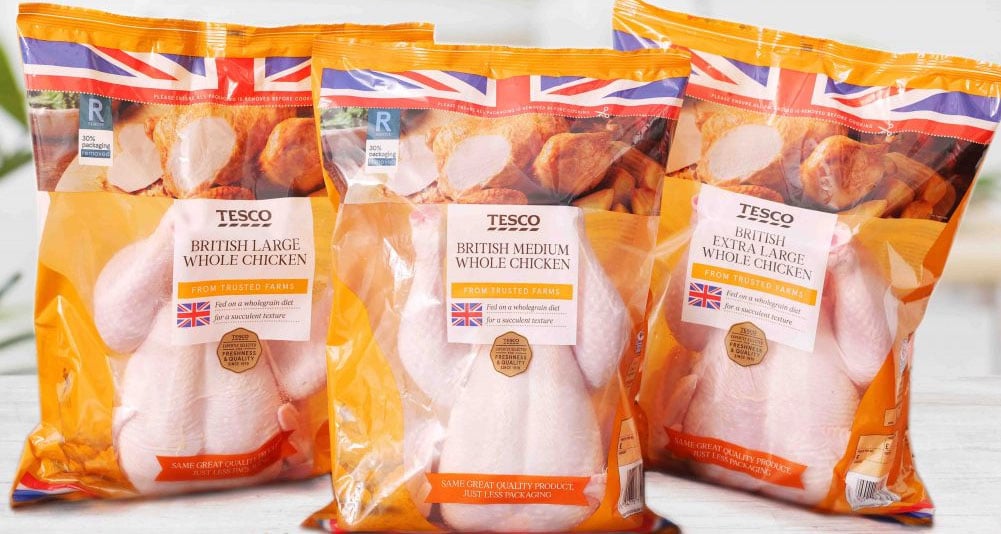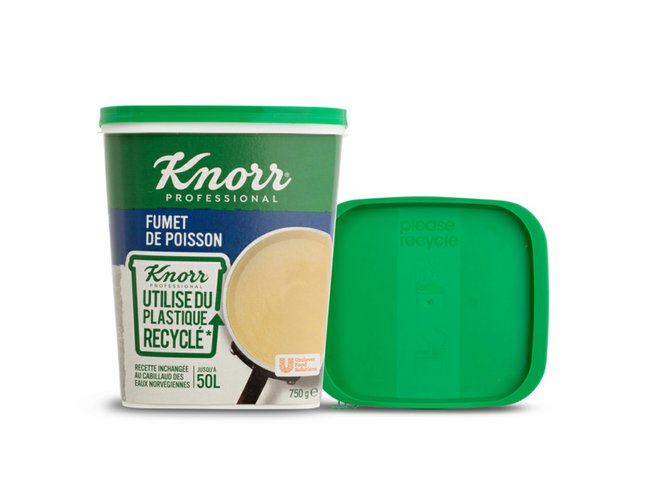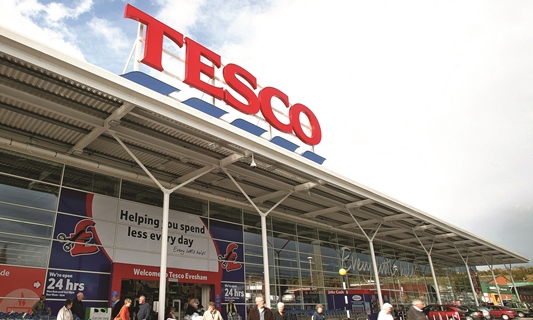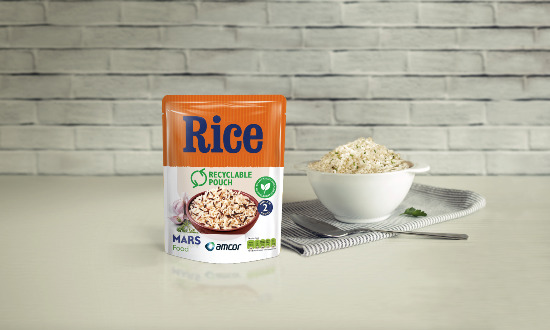Confectionery brand Smarties will be packaged in paper-based materials and moving away from plastic.
The Nestlé-owned brand will switch 90% of its products, as 10% is already packed in paper packaging. Nestlé added that the move will remove around 250 million plastic packs sold worldwide every year.
Sharing bags, multipacks and large hexatube formats will be made from coated paper, paper labels or cartonboard.
Alexander von Maillot, global head of confectionery at Nestlé, said: “Moving Smarties packaging to recyclable paper is one of our key sustainable packaging initiatives in the confectionery category. It is a further step in realising Nestlé’s ambition to make all of our packaging recyclable or reusable by 2025 and to reduce our use of virgin plastics by one third in the same period.”
Louise Barrett, head of the Nestlé confectionery product technology centre in York, added: “Developing safe and convenient paper-based solutions for Smarties has required the pioneering of new materials and testing by Nestlé packaging experts at our R&D centre for confectionery in York and at the Swiss-based Institute of Packaging Sciences. We adapted our existing manufacturing lines to allow for the careful handling that is required for paper, while also ensuring recyclability across all new formats.”

